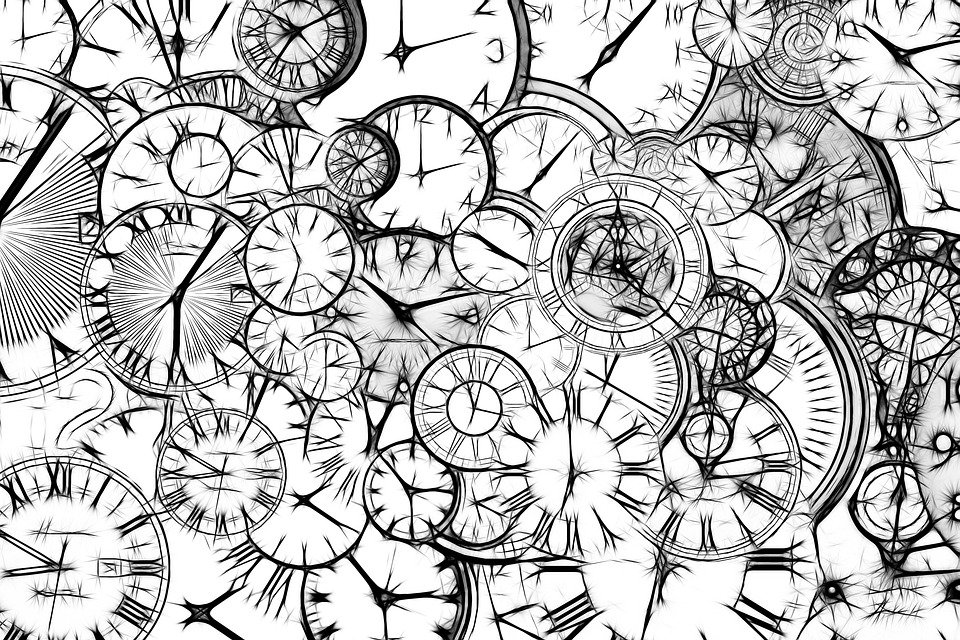Breaking Free: How Minimal Government Can Empower Individuals
In recent years, there has been a growing interest in the concept of minimal government – a system in which the state’s role is reduced to its essential functions. This idea challenges the conventional belief that a larger government is necessary for the welfare and protection of individuals. Instead, proponents argue that minimal government can actually empower individuals and lead to greater personal freedom and economic prosperity.
One of the primary benefits of minimal government is the preservation of individual liberties. A smaller state limits its involvement in the lives of its citizens, allowing them to make their own choices and decisions without unnecessary interference. This freedom to pursue personal goals and aspirations is a fundamental aspect of human dignity and self-fulfillment.
A minimal government also encourages personal responsibility and accountability. When individuals are not reliant on the state for their every need, they are motivated to take charge of their own lives and actively contribute to society. This leads to a more engaged and productive citizenry, as people recognize that their actions have consequences and that they have the power to shape their own destinies.
Moreover, minimal government fosters economic prosperity by creating a favorable environment for entrepreneurship and innovation. With fewer regulations and bureaucratic hurdles, individuals are able to start and grow businesses more easily. This allows for increased competition and market efficiency, leading to greater consumer choice and lower prices. As a result, economic growth is stimulated, job opportunities are created, and living standards are improved.
Additionally, a minimal government promotes a fair and just society. By limiting the state’s role, it prevents the concentration of power and the potential for abuse. When government intervention is minimized, individuals are treated equally under the law, regardless of their social status or connections. This ensures that everyone has an equal opportunity to succeed and prosper based on their own merits, rather than on political favoritism or cronyism.
Critics of minimal government argue that it neglects the needs of the most vulnerable in society and fails to provide essential public services. However, proponents counter that a smaller state does not mean an absence of government. Minimal government still recognizes the importance of certain functions, such as national defense, protection of property rights, and the provision of a legal framework. It simply emphasizes that these functions should be efficiently and effectively carried out, without unnecessary bureaucracy or excessive intervention.
In conclusion, the concept of minimal government challenges the traditional belief that a larger state is necessary for the welfare and protection of individuals. By reducing the state’s role to its essential functions, individuals are empowered to make their own choices, take responsibility for their actions, and pursue their own personal and economic goals. This leads to greater personal freedom, economic prosperity, and a fairer society. While the idea of minimal government may be met with skepticism, it is worth exploring as a means of breaking free from the shackles of excessive state intervention and allowing individuals to thrive.

